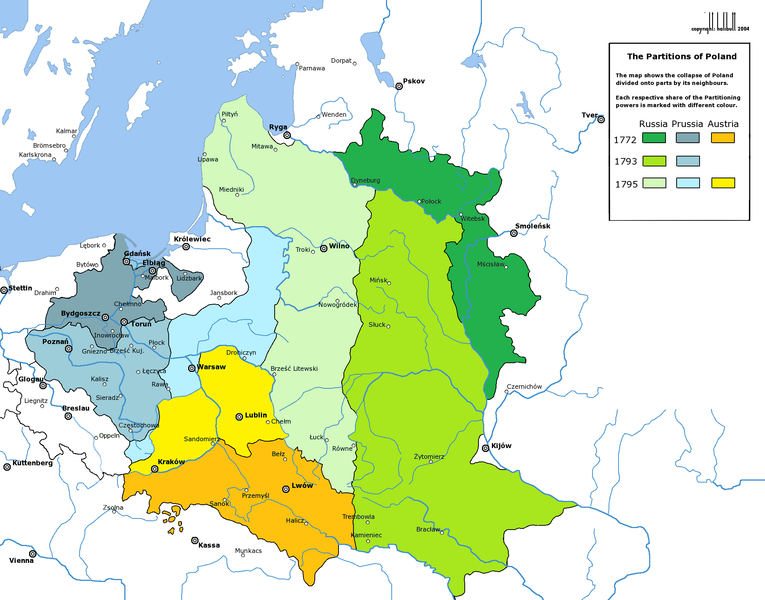Nicholas II Romanov, the last Emperor of All-Russia, used also (among many others) titles: Grand Prince of Lithuania, and King of Poland.
The Wikipedia states he was "a titular" King of Poland. In the reference it is written:
In 1831, the Russian tsars were deposed from the Polish throne, but they soon took control of the country, ruling it as part of Russia, and abolished the separate monarchy. However, they continued to use this title. See November Uprising.
It is also noticeable that there were no "Poland" in Russia as result of January Uprising in 1863, but Vistula Province.
In traditional education in Poland children are thought that the last king of Poland was Stanisław August Poniatowski and Wikipedia also says he was the last king of Poland and Grand Duke of Lithuania (ended his reign in 1795, and Nicholas II in 1917), however, in the table in the very ending of the article, he was succeeded by three Emperors (Russian Tsar as King of Poland).
During the WW1, on November 5th, 1916, when all (Russian) Poland was conquered by Central Powers, the German and Austrian Emperors declared that they will grant Poland some autonomy. As this event is hardly known in Poland, this was probably the main factor that made the independent Poland two years later. However, a Kingdom of Poland was to be (re)created and as there was no king (so Tsar was not legal to Germans), but a Regency Council.
This Regency Council took power from German governor Hans von Beseler on October 6th, 1918, making thus independent Poland after 123 years. At this time the Tsar was already dead.
My questions are:
- Was Nicholas II the real king of Poland, or was he king of Poland the same way as Henry VIII was King of France?
- If Regency council passed all power to Józef Piłsudski, and the 2nd Polish Republic was created on basis of German-Austrian Kingdom of Poland, was in some way Nicholas overthrown? (The Kingdom of Poland was created from conquered Russian lands)
- Who should be considered as the last king of Poland: Stanisław August Poniatowski, Nicholas II Romanov or sede vacante, represented by Regency Council?
